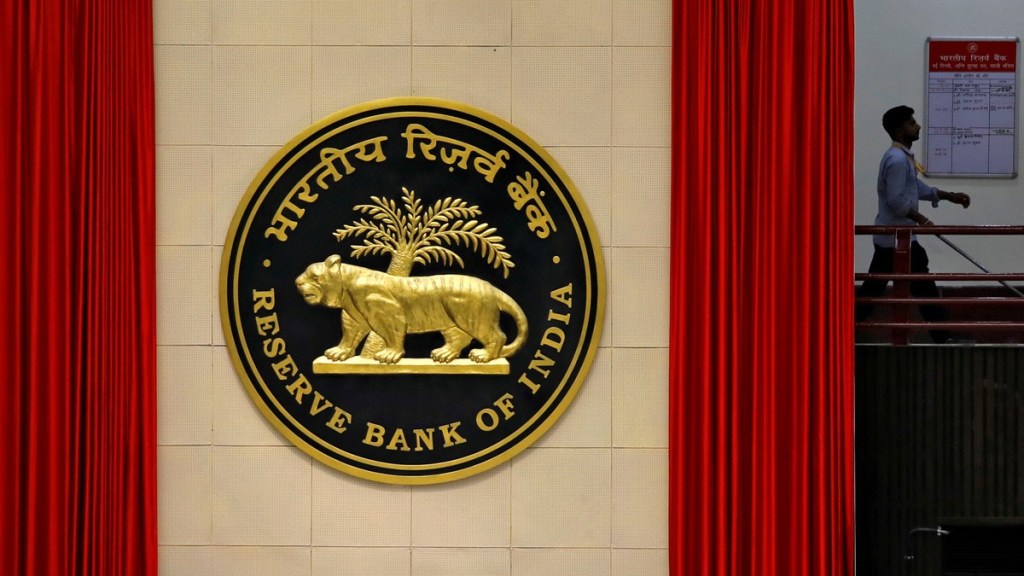The Reserve Bank of India (RBI) on Thursday proposed to enhance the security of Aadhar-enabled payment system (AePS) transactions. The central bank said it will streamline the process for onboarding of AePS service providers and introduce some fraud risk management measures.
“AePS has played an important role in financial inclusion by enabling customers to make digital payment transactions through service providers such as business correspondents,” the RBI said, adding that the proposed measures will strengthen the security of the system and enhance its robustness.
The AePS, operated by the National Payments Corporation of India, enables customers to perform digital payment transactions in the assisted mode. In 2023, more than 370 million users undertook AePS transactions.
However, the system has been plagued by lack of infrastructure, authentication and security risks. The latest data from the NPCI showed that AePS transactions fell 12% year-on-year to 86 million in January. Transaction amount declined 14% YoY to Rs 23,057 crore. A recent study showed that around 34% of AePS transactions fail on an average.
“Since this is being used in rural areas, it is important that the safety of transactions is ensured. With the passage of time, we can use various technologies to do it,” RBI deputy governor T Rabi Sankar said in the post-policy press meet. “All touch point operators will go through a standardised, safe, and secure onboarding process. We can also add other factors into it.”
Grant Thornton Bharat partner Vivek Iyer contends that the central bank’s proposal will help resolve some of the authentication-related challenges on account of biometric mismatches, one of the key reasons for transaction failures. But, this alone may not solve all the challenges as the user experience offered by AePS vis-a-vis other payment alternatives like UPI continues to be a challenge.
Going ahead, experts believe that the collaboration between the RBI, financial institutions and technology providers will be integral to leverage AePS’s potential for financial inclusion. Separately, the RBI will put in place a principle-based framework for authentication of digital payment transactions.

